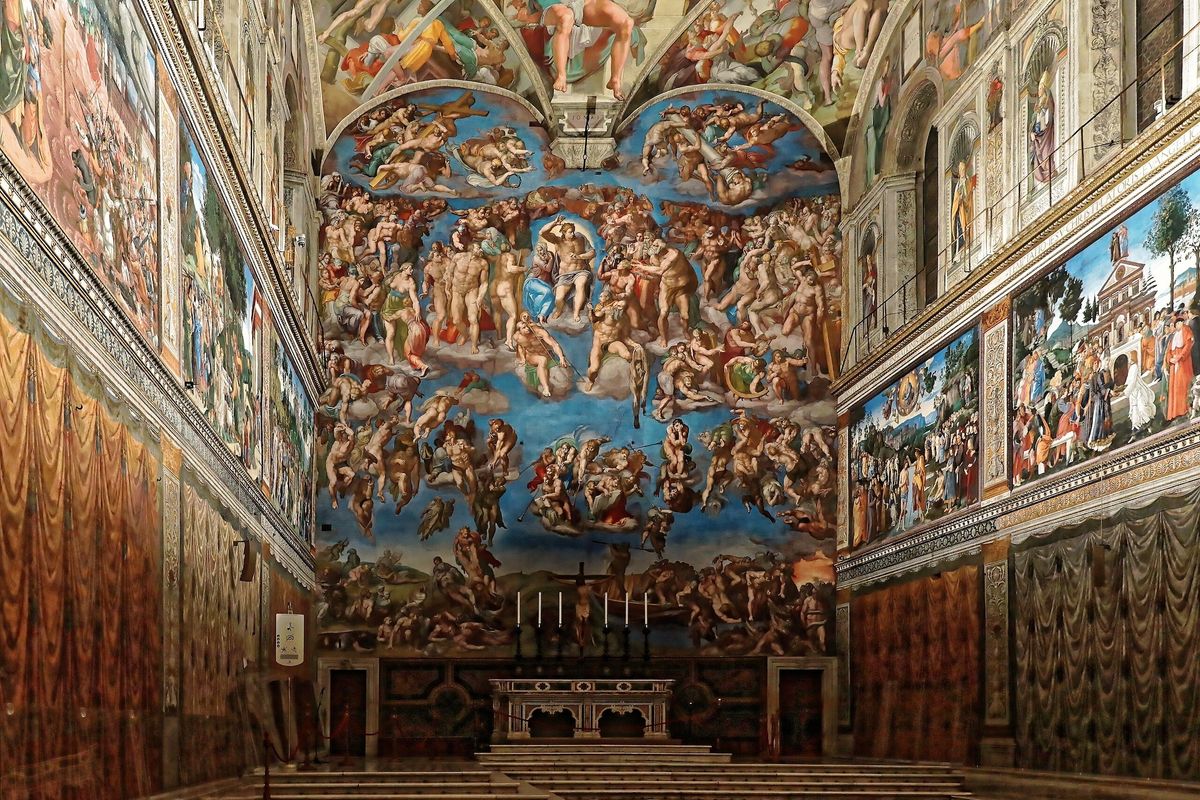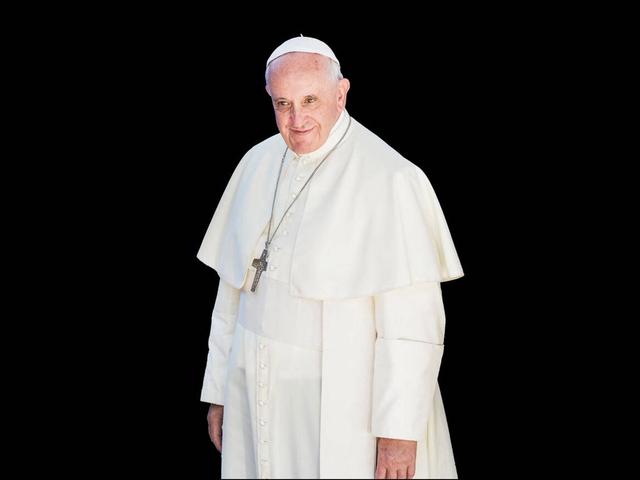The Sistine Chapel will close to the public starting on Monday (28 April) as the Vatican prepares to host the conclave to elect the next pope. The gathering of cardinals, which will begin on 7 May, follows the death of Pope Francis on Easter Monday.
The Vatican announced the closure in a note circulated on Thursday (24 April). It said the chapel, which has hosted papal elections for close to 150 years, would remain shut but did not specify for how long. During the conclave, Swiss Guards will seal the chapel and bar entry to outsiders. Electors will take an oath of secrecy and vote repeatedly until a papal candidate achieves a two-thirds majority. The successful result will be signalled by the emission of white smoke from the chapel’s chimney.
Built between 1473 and 1481, the Sistine Chapel is visited by around five million people a year. It is most renowned for Michelangelo’s ceiling frescoes and The Last Judgment, painted on the altar wall 60 years after the chapel’s construction. The fresco depicts more than 300 figures, with the blessed ascending to heaven and the damned dragged into hell—some ferried by Charon, the boatman of Greek mythology.
Several other Vatican sites have also been closed in the wake of Francis’s death. Access to the Vatican Gardens and the Necropolis of the Via Triumphalis, a Roman burial ground unearthed in 2003, was suspended on Thursday.
Further closures will follow on Saturday (26 April), the day of the pope’s funeral, which will be held at St Peter’s Square before Francis's body is transferred to the Basilica of Saint Mary Major. The Vatican Museums and the museums complex at Castel Gandolfo, in a papal residence 30km from Rome, will remain shut "in mourning", the Museums Directorate announced. Castel Sant’Angelo—a former imperial mausoleum and papal fortress built by Emperor Hadrian beginning in AD135—will also remain closed.
Barbara Jatta, director of the Vatican Museums, praised Francis’s commitment to making heritage accessible. “For Pope Francis, art must be accessible to everyone,” she told Vatican News. “He asked us to be an open house. We would like to set a visitor limit, but we can't do that in respect of his desire to welcome all.”
The canonisation of Carlo Acutis, the Italian teenager and devout Catholic credited with two miracles, has also been postponed. The 15-year-old, who died of leukaemia in 2006, was due to be declared a saint on Saturday.



